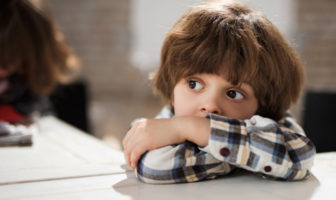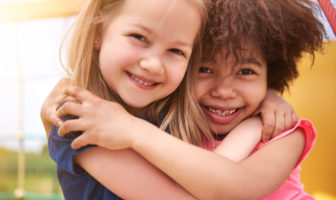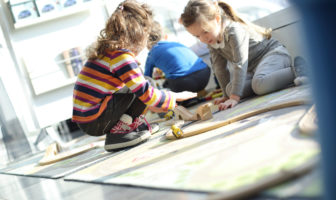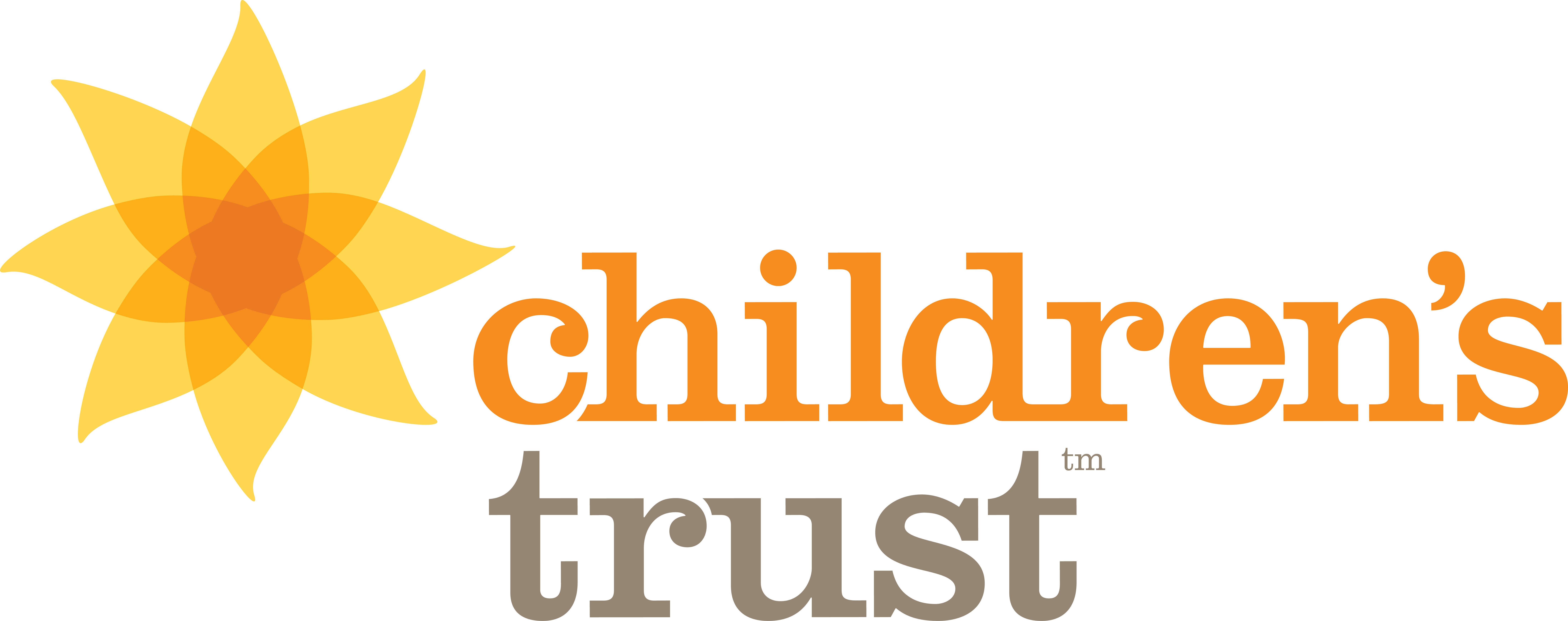It’s important to teach your child about racism and set a good example by modeling what it means to be anti-racist.

Your Child and Anxiety
Anxiety in children is normal and part of your child’s healthy development. Anxiety may be manifested as common fears and phobias such as fear of the dark and worry over separation from a caregiver. As a children grow older, they may feel social anxiety around making new friends or going to school. Children who are anxious or fearful may throw tantrums, cry excessively, cling to their caregiver, or avoid a certain activity all together.
Stay informed on the “dos” and “don'ts” when navigating feelings with your anxious child:
Do:
- Ask open-ended questions to get a sense of how your child is feeling such as “how are you feeling about your test at school today?”
- Be empathetic with your child without reinforcing or validating their fears. For example, if your child is afraid of using the swings at the park, tell them you hear and understand their worries, but that if they are using the swing properly, they will be safe.
- Model effective ways to manage anxiety. Children learn by example. If you tell them that you’re anxious about something, talk them through how you manage your own anxiety such as by going for a walk or belly-breathing.
Don’t:
- Tell your child their feelings are invalid or unrealistic.
- Brush your child off if they come to you with their fears and anxieties. Children need to feel heard by their caregivers. Listen to your child and offer empathy.
- Avoid activities that cause anxiety in your child. For example, if your child is afraid of water, don’t avoid the local swimming pool so that your child isn’t around water. Steering clear of triggers of fear and anxiety will teach your child the coping mechanism of avoidance, which will not always be an option as they grow older.
When children are anxious, its normal for parents to worry about their mental health. Anxiety in both children and adults is treatable. If you notice that your child’s extreme anxiety is interfering in their quality of life, talk to your pediatrician right away.
other articles and videos we love
The rise in states legalizing marijuana poses a health risk to children if they accidentally ingest it or inhale the fumes.





